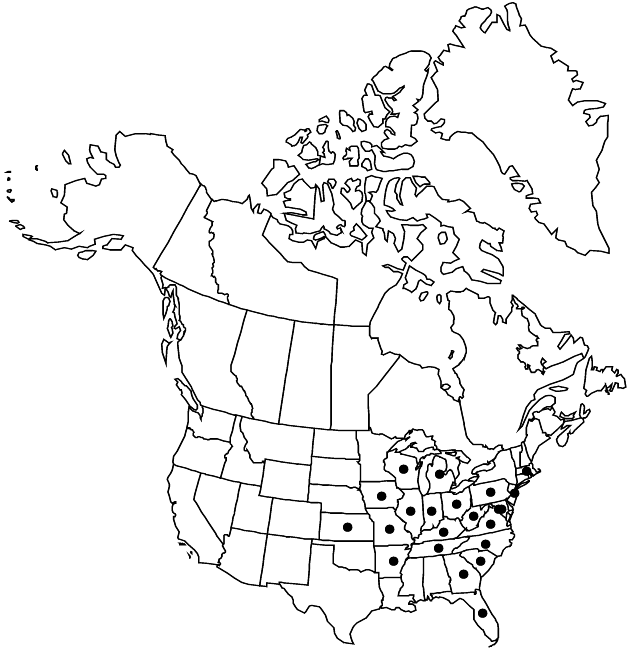Difference between revisions of "Helianthus occidentalis subsp. occidentalis"
FNA>Volume Importer |
imported>Volume Importer |
||
| Line 3: | Line 3: | ||
|accepted_authority= | |accepted_authority= | ||
|publications= | |publications= | ||
| + | |special_status={{Treatment/ID/Special_status | ||
| + | |code=E | ||
| + | |label=Endemic | ||
| + | }} | ||
|basionyms= | |basionyms= | ||
|synonyms={{Treatment/ID/Synonym | |synonyms={{Treatment/ID/Synonym | ||
| Line 49: | Line 53: | ||
|publication title= | |publication title= | ||
|publication year= | |publication year= | ||
| − | |special status= | + | |special status=Endemic |
| − | |source xml=https:// | + | |source xml=https://bibilujan@bitbucket.org/aafc-mbb/fna-data-curation.git/src/bb6b7e3a7de7d3b7888a1ad48c7fd8f5c722d8d6/coarse_grained_fna_xml/V19-20-21/V21_383.xml |
|tribe=Asteraceae tribe Heliantheae | |tribe=Asteraceae tribe Heliantheae | ||
|subtribe=Asteraceae (tribe Heliantheae) subtribe Helianthinae | |subtribe=Asteraceae (tribe Heliantheae) subtribe Helianthinae | ||
Revision as of 20:59, 27 May 2020
Leaves entire or nearly so, scabrous or hirsute, rough to touch.
Phenology: Flowering late summer–fall.
Habitat: Fields, barrens
Elevation: 10–600+ m
Distribution

Ark., D.C., Fla., Ga., Ill., Ind., Iowa, Kans., Ky., Md., Mass., Mich., Mo., N.J., N.C., Ohio, Pa., S.C., Tenn., Va., W.Va., Wis.
Discussion
In its typical form, Helianthus occidentalis is distinctive with its relatively few basal leaves and scapiform stems. Still unresolved is the status of H. dowellianus, which may deserve recognition at some level. These plants have the head morphology of H. occidentalis but have multiple pairs of well-developed cauline leaves. Plants with this morphology are found in the southern Appalachian region from Maryland to Georgia. According to C. B. Heiser et al. (1969), these plants may be hybrids of H. occidentalis and H. atrorubens. Natural hybrids of H. occidentalis with H. mollis have been called H. ×cinereus Torrey & A. Gray. Hybrids of H. occidentalis with other species are known.
Selected References
None.